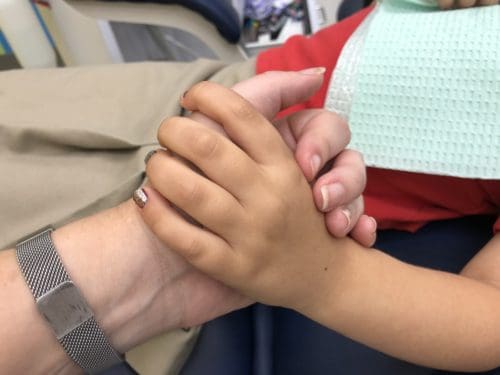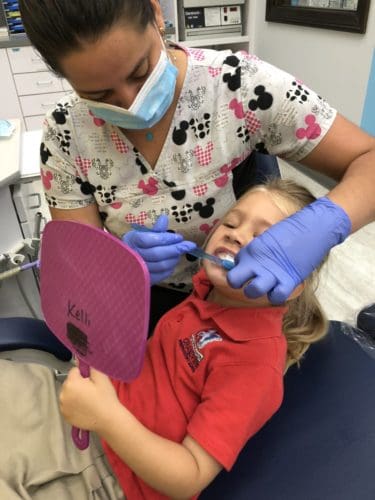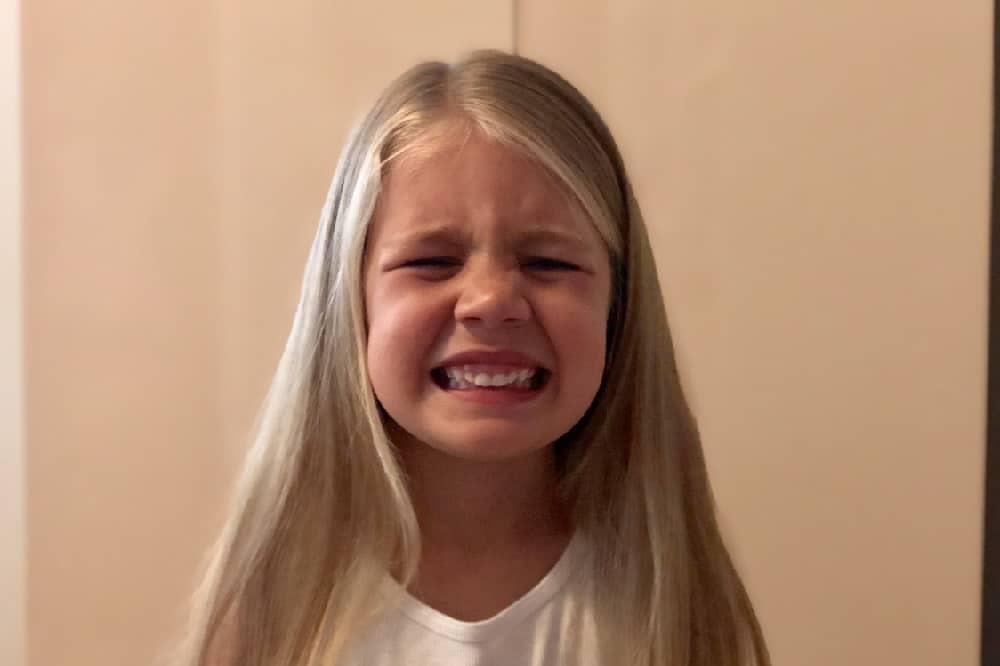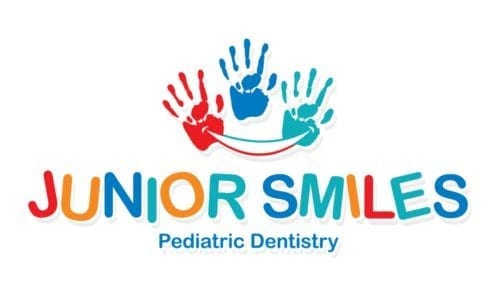Should you be going nuts about grinding? When #dailybocaavery grinds her teeth, I can literally feel it in my bones. It makes me crazy! Many parents ask Dr. Popper of Junior Smiles about their child grinding their teeth while sleeping (including me). The kids who actually do it are a minority, but since the worry is so common, let’s talk about it mamas!
“Bruxism” is the technical term for the behavior of grinding the teeth and/or clenching the jaw. About 30% of children exhibit this behavior while asleep, usually in stages of deep slumber, according to Dr. Popper. It’s difficult to know exactly how many kids actually do this since they’re often unaware that they’re grinding. And of course, we’re not going to stand over their beds to watch them all night long…ain’t nobody got the energy for that.

The most certain indication that your child’s grinding their teeth is actually hearing it happen. The grinding noise is usually what calls parents’ attention to the behavior. Young grinders sometimes awaken with complaints about soreness in the jaw or face, since the muscles involved in bruxism get a workout overnight. Discomfort while chewing and unusual sensitivity to hot and cold foods are other potential indicators. The latter tends to be the result of damage to the enamel. I’m glad they have baby teeth!
When You Should Be Concerned About Your Child Grinding Their Teeth
Discovering that your child is grinding while asleep is no cause for panic. It usually comes and goes without doing any lasting harm. Phew!

That said, it certainly ought to get your attention. In some cases, it’s a sign of a more serious issue. Bruxism itself can damage the enamel on chewing surfaces, chip teeth, and in more extreme cases can lead to temporomandibular joint disease (TMJ).
If you notice any of these signs and symptoms or are concerned about your child grinding their teeth while asleep, ask your Boca Raton pediatric dentist to check and monitor for it. Dentists know what to look for during exams and how to help parents and kids manage grinding when it’s found. If need be, your child can be fitted with a nighttime mouth guard which will protect his or her teeth. Now, to just make sure they wear it…



